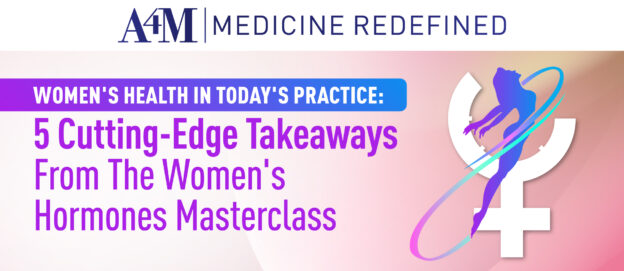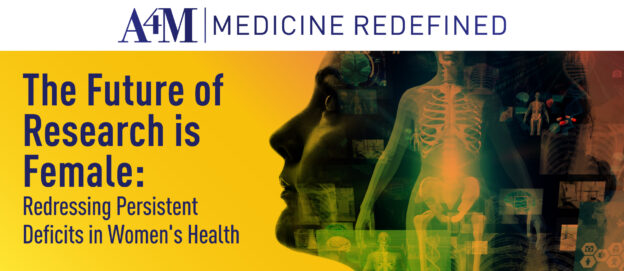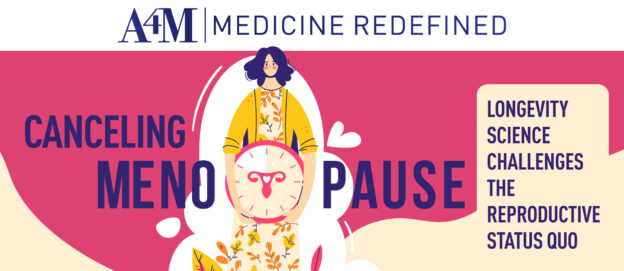“The best faculty, best providers, best patient outcomes. All based on science, experience, and care. “— Erika Schwartz, MD
As Erika Schwartz, MD, a global pioneer in disease prevention and hormone therapeutics, summarized in the quote above, the Everything About Hormone Health For Women masterclass was an incredible success. The February event gathered a group of forward-thinking health professionals who came to meet, learn from, and engage with acclaimed advanced endocrinology practitioners and educators.
Alongside a fun weekend in Boca Raton, FL, participants enjoyed three days of ground-breaking educational sessions led by top women’s health experts with invaluable expertise. Faculty members shared relevant and practical clinical insights for the modern practitioner committed to patient-centered care, making the experience empowering and informative.



